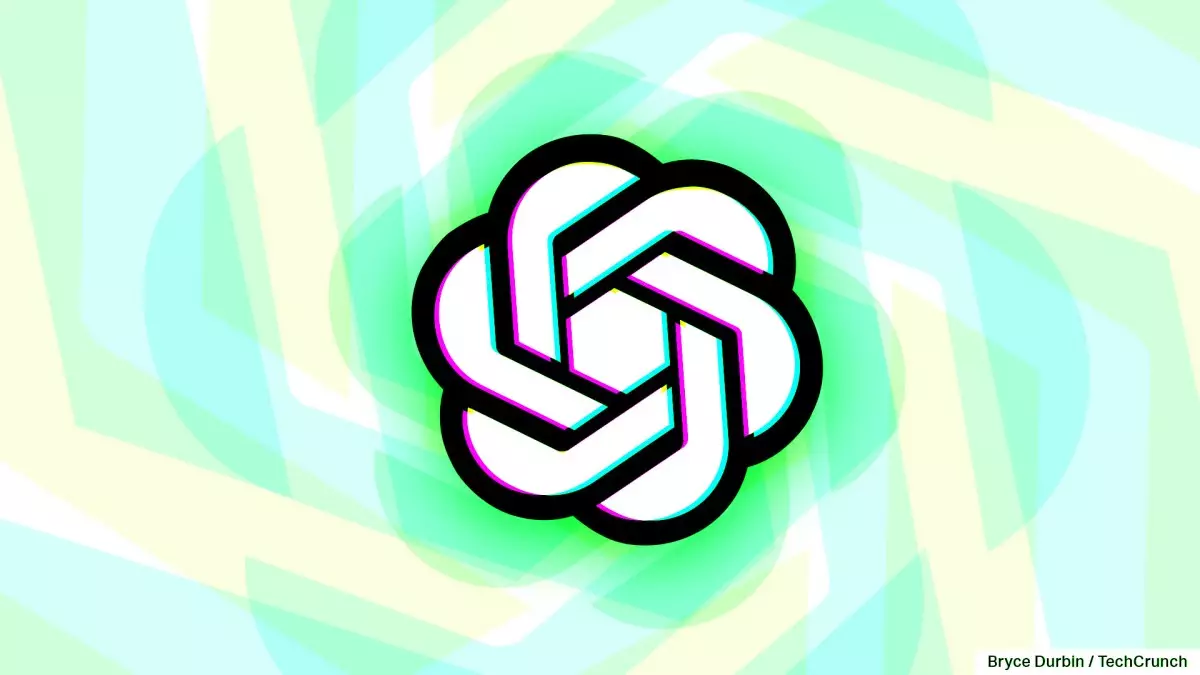OpenAI’s ChatGPT is making significant strides in the realm of artificial intelligence, particularly with the launch of its latest beta feature known as “tasks.” This newfound capability is set to transform how users interact with AI by enabling them to schedule reminders and recurring requests. The feature is being rolled out to ChatGPT Plus, Team, and Pro subscribers around the world, marking a noteworthy step in the evolution of AI personal assistants.
Among the most exciting aspects of the tasks feature is its simplicity and practicality. Users can request straightforward reminders, such as alerts for important dates like passport expirations. Notably, the ability to receive push notifications on multiple platforms ensures that the reminders remain effective and easily accessible. This functionality mirrors what many users have come to expect from established digital assistants like Siri and Alexa, but it also introduces some unique elements that push the boundaries of conventional capabilities.
The tasks feature goes beyond mere reminder functionality. Users can also configure recurring requests, which allow for tailored, automated interactions with ChatGPT. For instance, anyone could ask the AI to generate a weekend itinerary based on localized weather forecasts every Friday. This type of proactive engagement represents an essential shift, wherein AI can anticipate user needs rather than simply reacting to inquiries. Such capabilities may set a new standard for digital assistants and signify a burgeoning evolution toward more autonomous AI agents.
The integration of task management into ChatGPT is not merely a convenience but a harbinger of the autonomous future that OpenAI envisions. CEO Sam Altman has hinted that by 2025, AI agents will play a prominent role in the workforce, embodying a more sophisticated, semi-independent functionality. While the current iteration remains basic, the potential for future development suggests a broader, more intricate system on the horizon.
To access the tasks feature, users can navigate a simple dropdown menu within ChatGPT. This user-friendly interface is crucial in making advanced AI capabilities accessible to a broader audience. By allowing users to communicate with the AI about their planned tasks directly, ChatGPT democratizes the technology, making it suitable for both tech-savvy individuals and those new to AI.
Further enhancing the user experience, OpenAI has indicated plans to harness the beta phase for gathering insights into user interaction with tasks. This approach speaks to the company’s commitment to refining its features before rolling them out on a more widespread basis, including for the free version of ChatGPT. This shows a sensitivity to user needs that is often overlooked in tech development.
Despite its promising capabilities, the tasks feature does not come without limitations. For example, ChatGPT cannot perform continuous searches or make purchases on behalf of the user. While users can instruct the AI to seek out concert tickets monthly, immediate alerts or buying functions remain outside its purview. These restrictions highlight the ongoing challenges AI developers face in creating functional and secure systems.
Moreover, OpenAI acknowledges that current AI assistants struggle with basic tasks that have become standard for smartphones. As the landscape of AI evolves, the push for more complex problem-solving capabilities will intensify. The expectation is that future iterations, including an anticipated agent dubbed “Operator,” may address these shortcomings by incorporating features such as code writing and travel booking.
However, the introduction of more advanced AI systems raises important questions regarding ethics and security. As tasks evolve towards greater levels of independence, they could potentially expose users to unforeseen risks. OpenAI’s careful handling of these developments will be essential to establish trust in its AI agents in the coming years.
In summation, OpenAI’s ChatGPT is on the brink of revolutionizing how users perceive and utilize AI for daily tasks. The new tasks feature, which allows for both reminders and proactive engagement, symbolizes a critical evolution towards more capable AI agents. As OpenAI continues to refine its offerings, the industry will undoubtedly watch closely, anticipating both the possibilities and challenges inherent in this rapid technological advancement. The future of AI is not just bright; it is teeming with potential—if responsibly managed.

